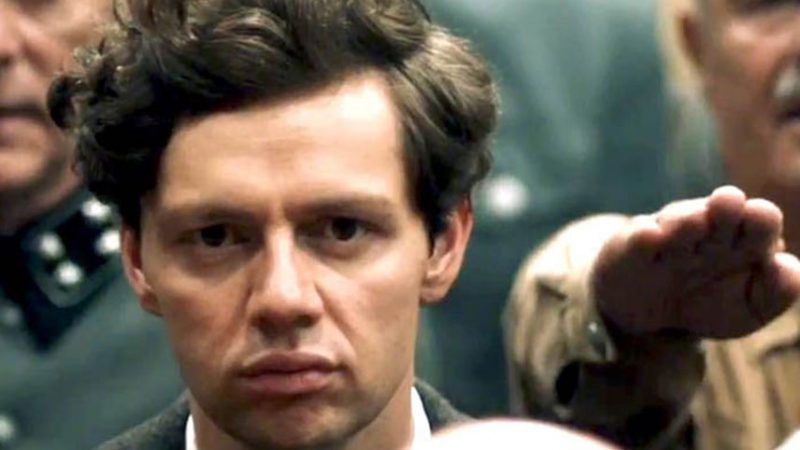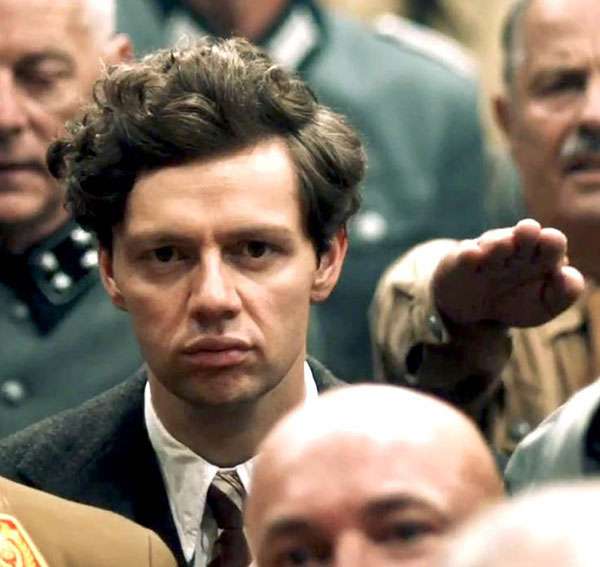13 Minutes


It wasn't then-trendy communist politics, a desire for glory, or prescience about Adolf Hitler's "final solution" that triggered Johann Georg Elser's 1939 assassination attempt on the Führer and other top Nazi officials. Not according to screenwriters Fred and Léonie-Claire Breinersdorfer's depiction of the tale in 13 Minutes.
Elser, a small-town musician, carpenter, playboy, and romantic, was radicalized by watching the Nazis chip away at his and neighbors' freedom of movement, association, and self-determination. The film shows how life under fascist states can be oppressive even for those who aren't special targets of the regime's ire. The theme is grim, but the story also serves as a testimony to the power of the human inclination toward freedom.
Elser failed in his aim, of course. Moreover, his bomb actually killed eight innocent people in the attempt. But had Hitler talked just 13 minutes longer that night, Elser may have succeeded.
The real-life Elser may not have been as apolitical or pacifistic as 13 Minutes portrays him. But his cinematic alter ego does hew relatively closely to what's known about the man. Arthur Nebe, the lead police investigator in the bombing, testified that Elser's "reasoning was quite simplistic. Hitler is war—and if he goes, there will be peace." Evil like Hitler's can create ethical dilemmas where no course of action is unambiguously correct.
This article originally appeared in print under the headline "13 Minutes."


Show Comments (9)